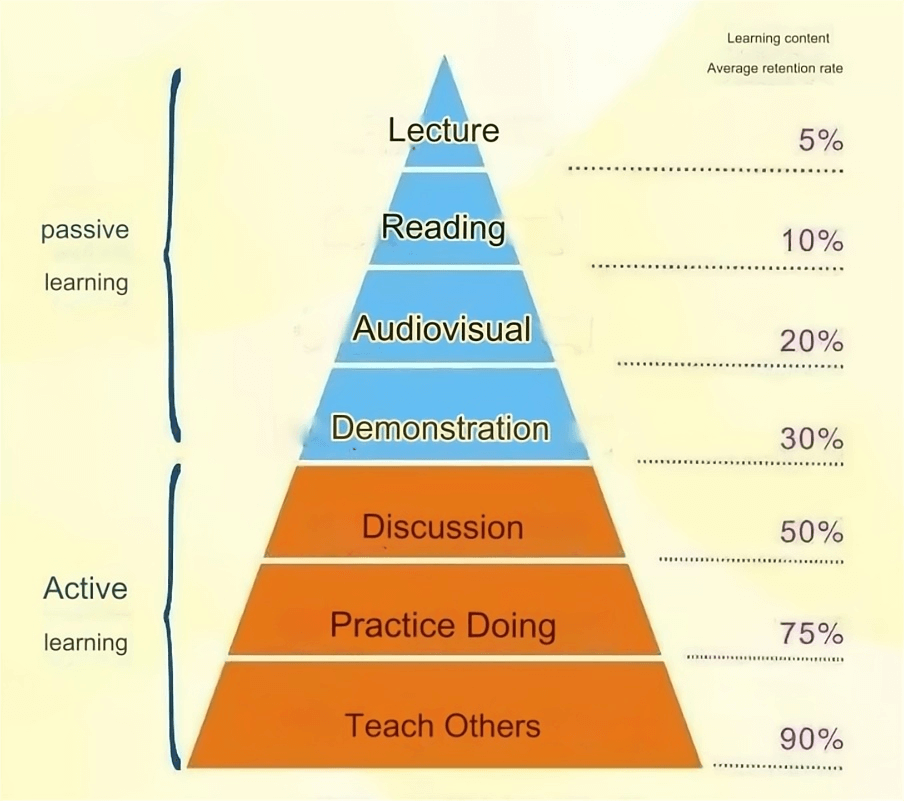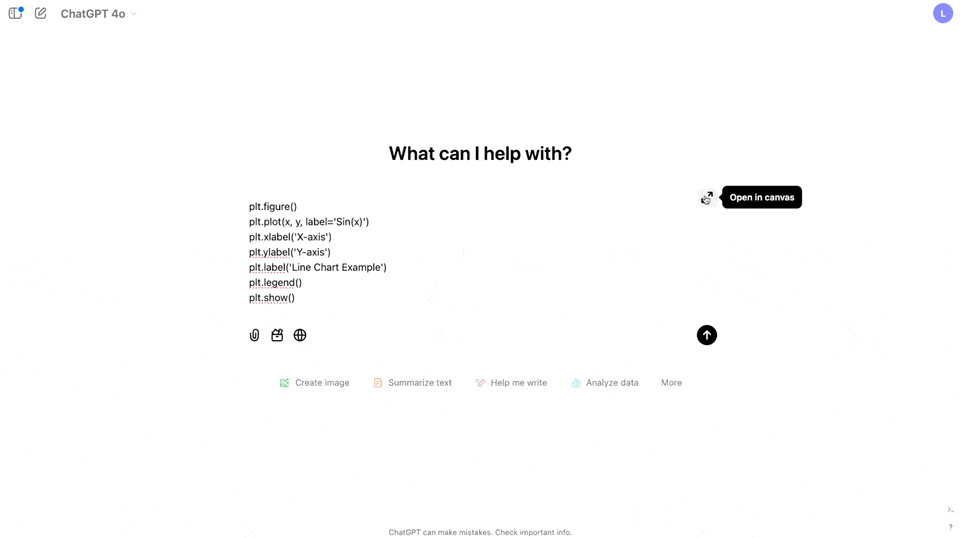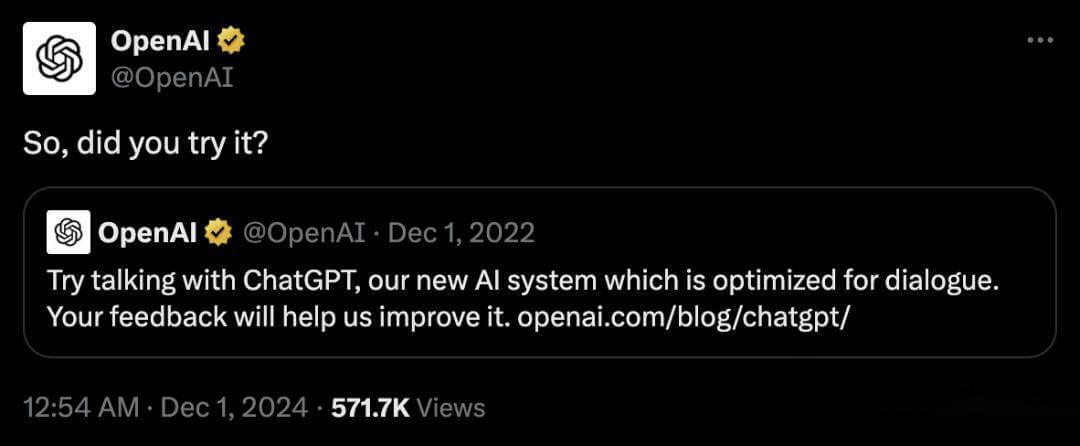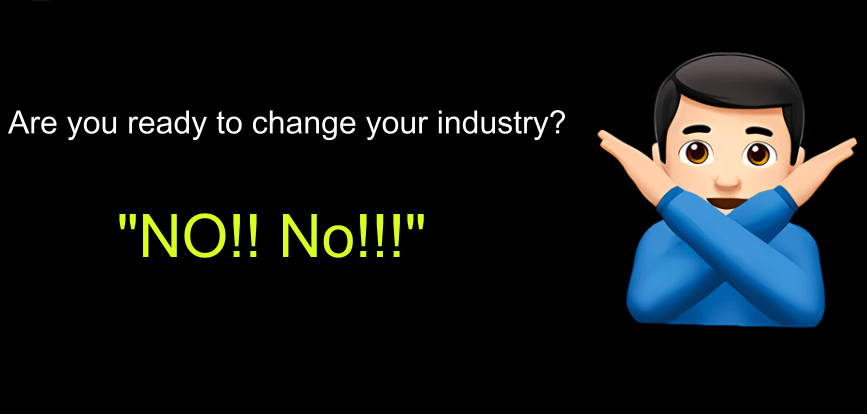In the rapidly evolving IT industry, new groundbreaking technologies and cutting-edge frameworks emerge every few years—or even months—leading industry trends. This brings about an important question for tech professionals: should we focus on becoming generalists who dabble in various fields, or should we strive to become specialists, mastering a specific area? The following article delves into the difference between these two paths and offers personal insights on which route might be better suited for different individuals.
In the ever-evolving IT industry, every few years, or even months, there seems to be an emergence of revolutionary technologies or cutting-edge frameworks that set new trends in the field.
Take frontend development for example: When I first started working, most websites were composed of static pages with basic JavaScript, and interactions on web pages were quite simple.
Then came Ajax and the jQuery library. I vividly remember the first time I used jQuery; it felt like the ultimate solution for frontend development.
But a few years later, MVC/MVVM frameworks began to rise, bringing AngularJS and EmberJS into the spotlight. Suddenly, jQuery didn't seem so appealing anymore.
Just as I was getting familiar with AngularJS and EmberJS, React emerged, and shortly after that came Vue...
The backend also saw rapid development. In the early days, I primarily worked with .NET or Java. Back then, backend languages and frameworks weren’t as emphasized, with most of the focus on databases—especially Oracle. Projects even had dedicated DBA (Database Administrator) roles to handle database-related issues.
At that time, most applications were standalone.
As application sizes grew, performance issues became more prominent, leading to the introduction of caching technologies like Memcached and Redis.
At the same time, asynchronous programming and multithreading became more widely adopted.
This was also the period when various web frameworks started springing up everywhere—well-known ones include Spring, Django, and Rails.
As the internet industry rapidly developed, standalone applications became cumbersome and difficult to maintain or scale.
Cloud services, microservices, and Docker became mainstream, and Continuous Integration/Continuous Deployment (CI/CD) pipelines were widely adopted.
Data security and privacy protection also became increasingly important, and backend development began to require a stronger focus on security and authentication.
Other IT fields followed similar trends. With the advancement of hardware and the accumulation of data, machine learning experienced a rapid evolution through neural networks, deep learning, and reinforcement learning, bringing AI into everyday life.
In short, we are always caught in cycles of technological iteration.
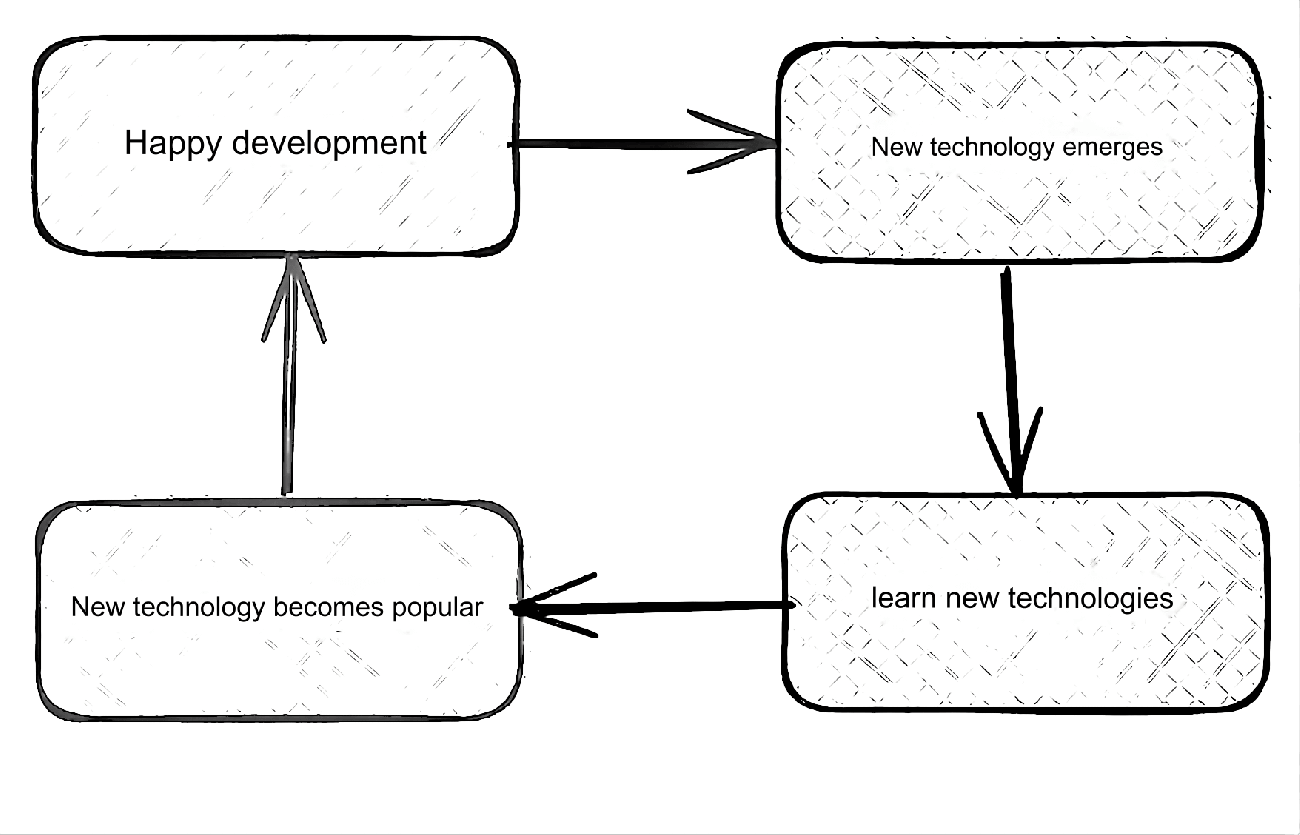
1. Choosing Between Generalist or Specialist
The IT industry is unique in its rapid iteration. In such a fast-changing world of technology, should we focus on one area or try many different fields?
In other words, should we become generalists (who have broad knowledge, whether useful or not) or specialists (dedicating oneself to a specific subject or branch)?
Before answering this question, let’s first understand the differences between generalists and specialists.
1.1 Generalists
Generalists are those who are willing to explore and maintain a sense of curiosity across a broad range of fields.
In the vast world of technology, they not only excel in a particular area but also accumulate deep knowledge across multiple domains.
These individuals often do not limit themselves to a single career path but prefer to cross different fields in their career, constantly seeking new challenges and growth.
Such individuals have the potential to change the world.
Famous generalists include geniuses like Steve Jobs and Elon Musk, who excel at innovating new things.
Generalists don’t just excel in everything they’re interested in; they also apply knowledge gained from solving one problem to different but related challenges.
Once they learn the basics of a particular field, they carry that knowledge into every new area they encounter. This is why CTOs can cover a wide range of technologies and domains.
They use the insight and experience accumulated over the years to face new challenges while continuously learning new emerging technologies.
Generalists focus on problem-solving rather than mastering a specific technology.
1.2 Specialists
On the other hand, specialists show an impressive level of focus.
They dedicate themselves to mastering one particular field, much like a guiding light for others.
Specialists are passionate about fully mastering all the knowledge within their chosen field. They relentlessly research, experiment, and learn, seeking higher levels of expertise and deeper understanding.
The majority of technological advancements are credited to experts who have delved deep into their respective fields.
Specialists focus on developing and optimizing fields such as machine learning (ML), web technologies, mobile technologies, infrastructure, middleware, and many other technical areas. Their accumulated expertise and experience over the years drive continuous progress and innovation in their domains.
Becoming a specialist requires systematically mastering core foundational knowledge and diving deep into a particular area to become proficient in advanced topics.
Achievements are often the result of relentless hard work and accumulation, with no shortcuts, as seen with inventors of programming languages, framework developers, or pioneers in machine learning.
Many major breakthroughs and advancements in various disciplines are largely dependent on the contributions and work of experts in their fields.
Software specialists typically use a stable technology stack and accumulate extensive knowledge in their respective fields while staying informed about external developments.
Through continuous effort, they become recognized authorities in the industry and actively seek out and implement innovative methodologies.
However, software specialists are not confined to a single domain—they can freely explore other technical fields.
2. Personal Suggestions
In my opinion, being a generalist or a specialist represents two extremes. As an average person (including myself), I’d suggest choosing somewhere in between.
If you’re deeply passionate about a particular field, it’s worth spending time mastering all aspects of that area.
But don’t limit yourself—don’t shy away from exploring other related fields.
For example, on GitHub, you’ll find many frontend experts who, despite their deep knowledge of frontend technologies, also learn Rust and use it to develop tools that improve frontend development efficiency.
Similarly, many machine learning experts learn frontend technologies to build interactive interfaces for their models, allowing more people to use them.
When choosing what technologies to learn, two important factors to consider are interest and experience.
Interest can help narrow down the areas you focus on, but it’s best to try different fields before deciding on your true interest.
For instance, don’t just settle on frontend development because that was your first job. Try different fields and play around with various tools—don’t worry about whether they’ll be useful or if it’s a waste of time.
Think like a generalist: any skills learned in one field won’t go to waste.
Experience is another important factor that helps in making decisions.
To become an expert, you need years of experience to accumulate knowledge. If you’ve already worked in a particular field for several years, it’s usually a good idea to further develop towards being a specialist.
However, if you’re just starting out or your work already spans several fields, becoming a generalist may be more meaningful.
Lastly, here’s a word of caution: Don’t become a generalist just because you find it difficult to specialize.
Being a generalist is not easier than being a specialist. A generalist is not a “jack of all trades,” but rather an expert in multiple fields.
In summary, don’t dabble here and there without commitment. Don’t give up at the first sign of difficulty and switch to something else, while consoling yourself with, “I just have broad interests, so I’m more suited to being a generalist!”

